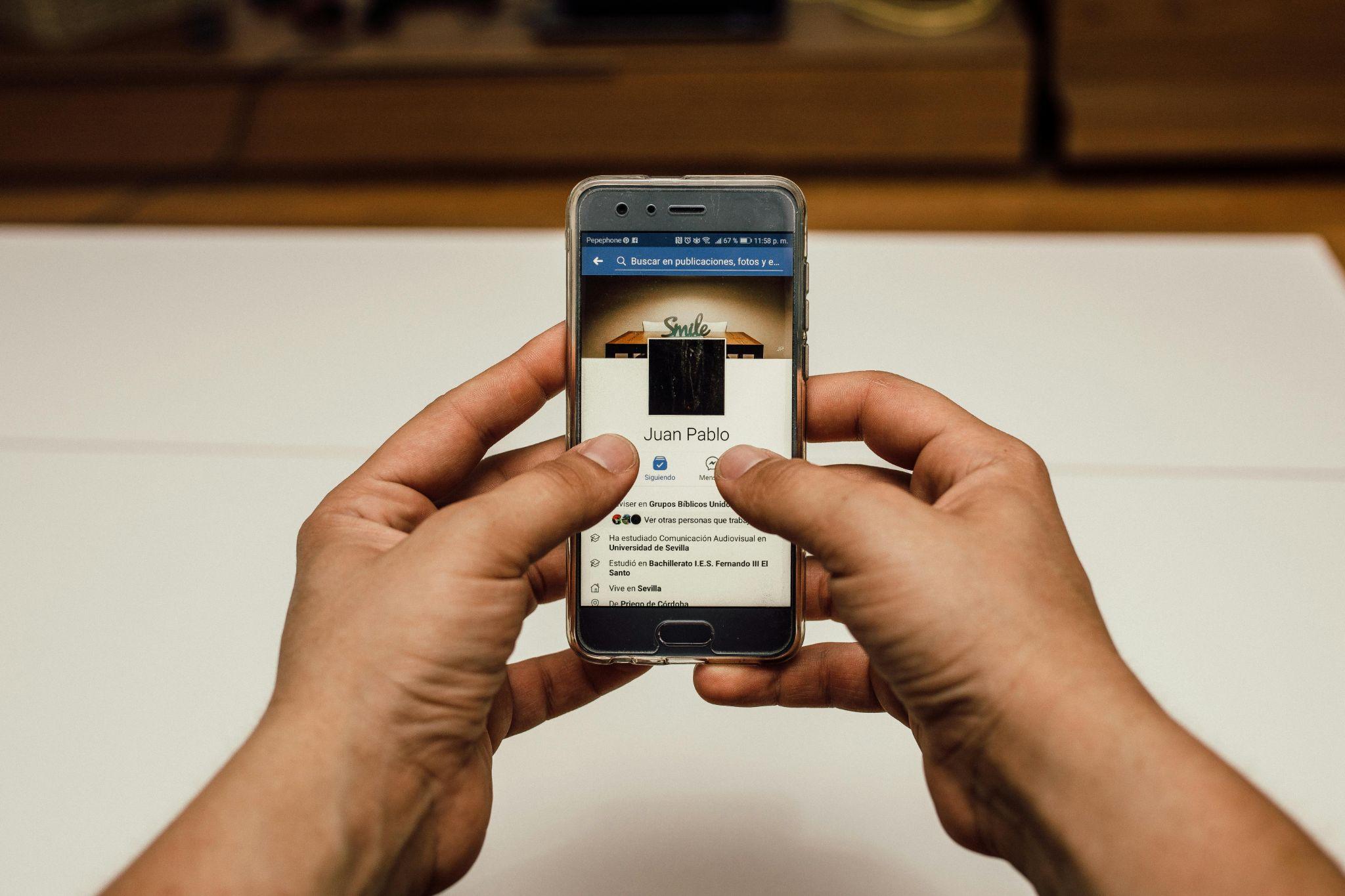The future of Facebook stands at a pivotal crossroads as Meta navigates unprecedented challenges while positioning itself for the next decade of social media evolution. With declining engagement among younger demographics and increasing competition from platforms like TikTok and BeReal, Facebook’s trajectory will be defined by strategic investments in artificial intelligence, a renewed focus on authentic social connections, and innovative monetization approaches. According to Meta’s latest quarterly earnings report, the company is doubling down on AI infrastructure and community-centric features to reclaim its position as the world’s premier social networking platform.
Meta’s Strategic Vision: AI, Infrastructure & Next-Gen Infrastructure
Meta’s ambitious roadmap centers on artificial intelligence supremacy and massive infrastructure expansion, with CEO Mark Zuckerberg committing over $40 billion annually to research and development. This strategic pivot represents the company’s most significant transformation since its initial public offering, fundamentally reshaping how users will interact with Facebook’s ecosystem.
AI Superclusters and Data Center Expansion
Meta’s infrastructure investments focus on building AI superclusters capable of training next-generation language models and powering real-time personalization across its platform family. The company’s Prometheus and Hyperion data center projects represent the largest private AI infrastructure investment in history:
- Prometheus Supercluster: 350,000 H100 GPUs delivering 65 exaflops of computing power by late 2025
- Hyperion Network: 24 new data centers across North America and Europe, operational by 2027
- Research Applications: Training multimodal AI models for content understanding and generation
- User Experience: Real-time language translation, content moderation, and personalized recommendations
- Timeline: Full deployment expected by Q4 2025 with incremental rollouts beginning in 2024
- Purpose: Supporting billions of daily AI interactions while maintaining sub-100ms response times
Meta AI: Personal Assistants, Companions & Chatbots
Zuckerberg’s vision of AI companionship extends beyond traditional chatbots to encompass personalized digital beings that serve as friends, therapists, and business agents. This represents a fundamental shift toward AI-first social experiences:
- Personal AI Assistants: Integrated across Facebook, Instagram, and WhatsApp for daily task management
- Therapeutic Companions: AI entities designed to provide emotional support and mental health resources
- Business Agents: Automated customer service representatives for Facebook Business users
- Creative Collaborators: AI tools for content creation, editing, and optimization
- Social Facilitators: AI-powered matchmaking for friendships, groups, and professional networking
- Learning Companions: Educational AI tutors integrated with Facebook’s knowledge graph
Returning to Core Social Experience: Friends-Only Feed & Community Focus
Facebook’s renaissance strategy involves returning to its foundational promise of connecting people with meaningful relationships, abandoning the algorithm-driven content consumption model that alienated longtime users.
Revival of Friends-Only Tab: More Meaningful Connections
The friends-only feed represents Meta’s most significant user experience change since the introduction of the News Feed, prioritizing personal connections over viral content consumption:
- Algorithmic Transparency: Users can see why specific posts appear in their feed
- Chronological Options: Return to time-based feed organization alongside algorithmic curation
- Enhanced Privacy Controls: Granular settings for sharing content exclusively with close friends
- Reduced Commercial Content: Significant decrease in sponsored posts within friends-only experiences
- Authentic Engagement: Focus on comments, reactions, and meaningful interactions over passive scrolling
- Nostalgic Appeal: Recreating the intimate feel of early Facebook for millennial users
Growth of Groups, Communities and Social Discovery
Community-driven features will dominate Facebook’s product development, targeting young adults who prefer niche, interest-based social interactions over broadcast-style sharing:
- Hyper-Local Communities: Neighborhood groups with verified member authentication
- Interest-Based Matching: AI-powered suggestions for hobby and professional groups
- Event Integration: Seamless planning and coordination tools within community spaces
- Skill-Sharing Platforms: Peer-to-peer learning networks integrated with Facebook Groups
- Mentorship Networks: Professional development communities with industry expert access
- Cultural Affinity Groups: Spaces for shared heritage, language, and cultural experiences
Monetization Trends: Ads, Commerce and Authentic Content

Facebook’s revenue diversification strategy encompasses immersive advertising formats, integrated e-commerce experiences, and creator economy investments that prioritize authentic content over viral manipulation.
E-commerce, AR/VR Ads and Virtual Try-On
Augmented reality advertising will transform Facebook’s monetization landscape, creating immersive shopping experiences that blur the line between social interaction and commerce:
| Ad Format | User Experience Value | Revenue Potential | Implementation Timeline |
|---|---|---|---|
| AR Try-On | Virtual product testing | 40% higher conversion | Q2 2024 |
| 3D Product Ads | 360-degree product views | 25% increased engagement | Q1 2024 |
| Virtual Showrooms | Immersive brand experiences | 60% longer session times | Q3 2024 |
| Smart Glasses Integration | Hands-free shopping | New revenue stream | Q4 2024 |
| Voice Commerce | Audio-based purchasing | 15% conversion uplift | Q1 2025 |
Ray-Ban smart glasses integration enables seamless shopping experiences where users can photograph products and receive instant purchasing options through Facebook’s commerce platform.
Authentic Creator Economy and Monetization Policy
Meta’s crackdown on unoriginal content represents a fundamental shift toward rewarding authentic creators while penalizing content farms and reposting accounts:
- Original Content Rewards: Increased monetization rates for creators who produce unique content
- Reposting Penalties: Algorithmic suppression and reduced revenue sharing for copied content
- Creator Verification: Enhanced authentication systems for legitimate content creators
- Quality Scoring: AI-driven content assessment that prioritizes creativity and originality
- Community Guidelines: Stricter enforcement of intellectual property and content authenticity rules
- Revenue Sharing: Improved creator fund distribution based on engagement quality rather than volume
Content & Growth Trends: AI, Video & Experimentation
Facebook’s content strategy evolution emphasizes short-form video, experimental formats, and data-driven audience intelligence to compete with TikTok and emerging platforms.
Short-Form Video, Reel Popularity and Content Experimentation
Reels dominance will continue reshaping Facebook’s content ecosystem, with the platform investing heavily in creative tools and format innovation:
- Creative Disruption: AI-powered editing tools that enable professional-quality content creation
- Outbound Engagement: Cross-platform sharing capabilities that extend reach beyond Facebook
- Micro-Virality: Algorithm optimization for niche content that resonates with specific communities
- Trend Amplification: Real-time trend detection and content suggestion systems
- Interactive Elements: Polls, quizzes, and gamification features integrated into video content
- Live Integration: Seamless transition between pre-recorded and live video experiences
Social Listening, Data-Driven Strategy & Audience Intelligence
Advanced social listening capabilities enable businesses and creators to make informed strategic decisions based on real-time audience insights:
- Trend Forecasting: Predictive analytics for emerging topics and conversation patterns
- Sentiment Analysis: Real-time mood tracking for brand perception and content optimization
- Competitive Intelligence: Monitoring rival brand strategies and audience engagement
- Audience Segmentation: Detailed demographic and psychographic profiling for targeted content
- Performance Optimization: A/B testing integration for content strategy refinement
- Crisis Management: Early warning systems for potential reputation issues
Privacy, Trust and Platform Integrity

Facebook’s trust rehabilitation efforts focus on transparent content moderation, robust privacy protections, and ethical AI implementation to rebuild user confidence and regulatory compliance.
Stronger Content Moderation and Spam Crackdown
Meta’s enforcement capabilities have reached unprecedented sophistication, utilizing AI and human reviewers to maintain platform integrity:
- Fake Account Detection: 1.7 billion fake accounts removed quarterly using behavioral analysis
- Spam Reduction: 95% decrease in spam content reach through proactive detection systems
- Misinformation Combating: Partnership with fact-checking organizations in 80+ countries
- Hate Speech Prevention: AI models trained on 100+ languages for real-time content analysis
- Harassment Protection: Advanced tools for blocking coordinated harassment campaigns
- Content Authenticity: Watermarking and provenance tracking for AI-generated content
Privacy, Data Protection and Ethical AI Use
AI integration challenges require careful balance between personalization benefits and privacy protection, with Meta implementing comprehensive ethical guidelines. Based on research from the Center for AI Safety, major concerns include:
- Data Minimization: Collecting only necessary information for AI training and personalization
- Algorithmic Transparency: Providing users with explanations for AI-driven decisions
- Consent Management: Granular controls for AI feature participation and data usage
- Bias Mitigation: Regular auditing of AI models for discriminatory outcomes
- Security Measures: End-to-end encryption for AI-processed personal communications
- Regulatory Compliance: Adherence to emerging AI governance frameworks globally
Predictions Beyond 2025: Innovation and Platform Evolution
Facebook’s long-term trajectory will be defined by wearable technology adoption, AI-first social experiences, and fundamental changes in how humans interact with digital platforms.
Augmented Reality Wearables & Fashion-Forward Devices
The EssilorLuxottica partnership will produce mainstream AR glasses that integrate seamlessly with Facebook’s social ecosystem, making augmented reality a daily reality for millions:
- Fashion Integration: Designer frames with discrete AR capabilities for mainstream adoption
- Social Sharing: Instant photo and video capture with automatic Facebook integration
- Navigation Assistance: Real-time directions and location-based social recommendations
- Translation Services: Live language translation for international travel and communication
- Fitness Tracking: Health monitoring with social sharing and community challenges
- Professional Applications: Virtual meetings and collaborative workspaces through AR interfaces
AI-First Social Experience: Habitual Companionship & Automation
Zuckerberg’s vision of AI companionship will fundamentally transform social interaction, with artificial entities becoming integral to daily social experiences:
- Emotional Support: AI companions providing 24/7 availability for mental health and personal guidance
- Social Facilitation: Automated introductions and conversation starters for shy or socially anxious users
- Memory Enhancement: AI assistants that remember important details about friends and family
- Conflict Resolution: Mediation tools for relationship disputes and misunderstandings
- Event Planning: Automated coordination for social gatherings and group activities
- Cultural Translation: AI facilitators for cross-cultural communication and understanding
Conclusion
Facebook’s future represents a fundamental reimagining of social media, driven by massive AI infrastructure investments, authentic relationship prioritization, and innovative monetization strategies. The platform’s evolution toward community-centric experiences, coupled with AR integration and AI companionship, signals a departure from the broadcast-style social media model toward intimate, personalized digital interactions. As Meta navigates privacy concerns and regulatory challenges, its success will depend on balancing technological innovation with user trust and authentic social value. The next five years will determine whether Facebook can reclaim its position as the world’s primary social platform or become a cautionary tale of platform stagnation in an rapidly evolving digital landscape.

